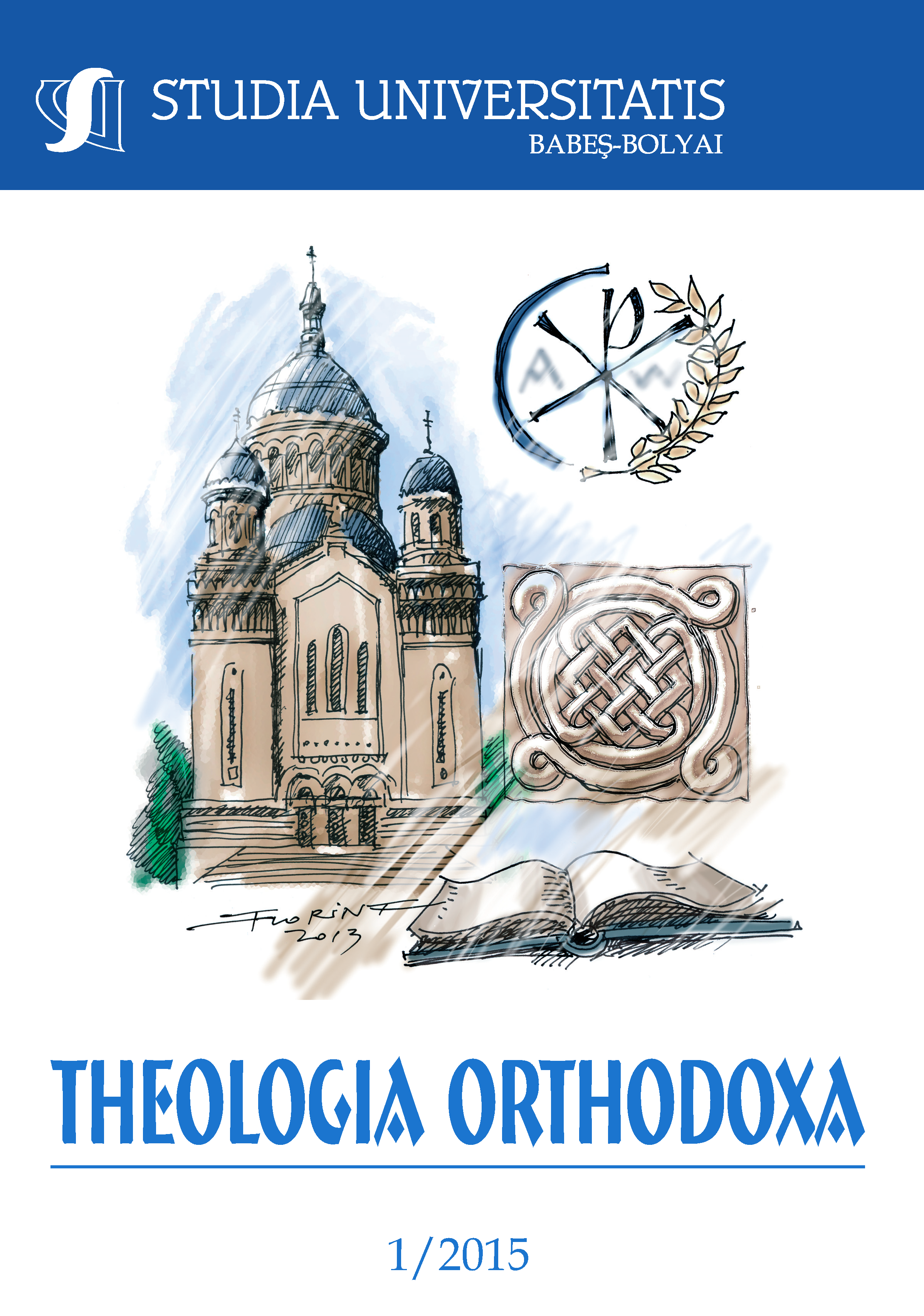PSALM 2 – AN ISAGOGIC, EXEGETICAL AND THEOLOGICAL INTERPRETATION PART I / PSALMUL 2 – ABORDARE ISAGOGICĂ, EXEGETICĂ ȘI TEOLOGICĂ (PARTEA I)
Keywords:
psalm, rabbis, Holy Father, critical interpretation, king, LORD, Messianic perspective [EN];, psalm, rabini, Sfinți Părinți, interpretare critică, rege, Domnul, perspectivă [RO].Abstract
In this research paper, we intend to offer the reader the possibility of becoming more familiar with the main types of biblical commentaries through an exegetic exercise centred round Psalm 2. The choice of the supporting text is not at all random since, even from ancient times, the psalms have benefitted from the attention of an impressive number of interpreters and have been the beginning of both dialogue and controversy between religions (Christianity and Judaism) and Christian denominations. Throughout the exegetical analysis, we took into consideration the rigors of the school of criticism which we correlated with the rabbinic and patristic commentaries in order to accomplish a very ample interpretation. Even if these commentators were not entirely in agreement, rather than bringing to relief their interpretative differences, we tried to underline the common elements existing in the specific manner of interpretation of each exegetical school. Thus, the complexity of this isagogic, exegetical and theological study resides in the fact that it approaches the text of the psalm from a literary, allegorical and spiritual point of view and it can become a hermeneutical paradigm for those who wish to study the Holy Scriptures with scientific and spiritual accuracy.
În cadrul acestui studiu intenționez să ofer cititorului posibilitatea de a se familiariza cu principalele tipuri de interpretare scripturistică, într-un exercițiu exegetic focalizat pe psalmul al doilea. Alegerea textului suport nu a fost întâmplătoare, deoarece încă din antichitate, psalmii au suscitat atenția unui număr impresionant de interpreți și au constituit un cadru de convergență, dialog și uneori chiar de dispute între religii (iudaism și creștinism), iar apoi între confesiunile creștine. Pe parcursul analizei exegetice am ținut cont de rigorile școlii critice de interpretare pe care le-am corelat cu comentariile rabinice și patristice pentru a realiza o abordare cât mai cuprinzătoare. Cu toate că pozițiile acestora nu au consonat în toate privințele, am încercat pe cât a fost posibil să subliniez mai degrabă elementele comune care se regăsesc în maniera de interpretare caracteristică fiecărei școli exegetice, decât cele care le diferențiază. Ca atare, complexitatea acestui studiu care tratează chestiuni de isagogie, exegeză și de teologie și care totodată abordează textul psalmic atât la nivel literal și alegoric, cât și spiritual, poate constitui o paradigmă hermeneutică pentru cei ce doresc să analizeze cu acribie științifică și duhovnicească Sfânta Scriptură.
Published
How to Cite
Issue
Section
License
Copyright (c) 2015 Studia Universitatis Babeș-Bolyai Theologia Orthodoxa

This work is licensed under a Creative Commons Attribution-NonCommercial-NoDerivatives 4.0 International License.





 ISSN (print): 1224-0869, ISSN (online): 2065-9474, ISSN-L: 2065-9474
ISSN (print): 1224-0869, ISSN (online): 2065-9474, ISSN-L: 2065-9474